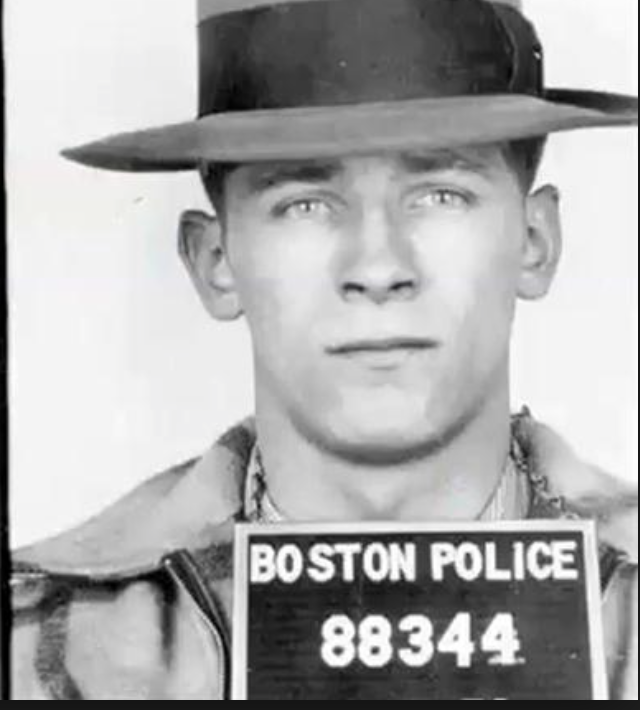 In 2005 Roger Ebert e-mailed me out of the blue to say he liked my tiny cinema blog. I had met him the month before at his yearly celebration of film, then called The Overlooked Film Festival. (Later it became Ebertfest.) We’d discussed our shared love of science fiction at his favorite fast food joint, Steak ‘n Shake, which is where all the attendees – from Jason Patric to Dusty Cohl, the cowboy hat-clad co-founder of the Toronto International Film Festival – hung every night after screenings. Our conversation was lively and warm but I was still floored that Roger followed up by checking out my writings. It was an act of unsolicited generosity that I came to recognize as one of his trademarks. Soon after, I was offered the position of the festival’s blogger, which I held until 2010. Even afterward, he remained supportive of my work in ways that meant the world to me.
In 2005 Roger Ebert e-mailed me out of the blue to say he liked my tiny cinema blog. I had met him the month before at his yearly celebration of film, then called The Overlooked Film Festival. (Later it became Ebertfest.) We’d discussed our shared love of science fiction at his favorite fast food joint, Steak ‘n Shake, which is where all the attendees – from Jason Patric to Dusty Cohl, the cowboy hat-clad co-founder of the Toronto International Film Festival – hung every night after screenings. Our conversation was lively and warm but I was still floored that Roger followed up by checking out my writings. It was an act of unsolicited generosity that I came to recognize as one of his trademarks. Soon after, I was offered the position of the festival’s blogger, which I held until 2010. Even afterward, he remained supportive of my work in ways that meant the world to me.
By the time I met Roger he’d already struggled with a bout of cancer. It was an awkward moment in his life – some of the star that had been attached to him when he was part of the legendary “Siskel and Ebert” team had faded, and he hadn’t yet secured the relationship with a younger generation of critics and fans that he later built through blogging and Twitter. During those years I found him curious, resourceful, benevolent. He was much more than a mere film critic; he was a beacon. Occasionally I also found him egotistical – a king who resented the dwindling of his kingdom – and retrogressive when it came to women despite the fact that he was married to a strong woman himself. Roger preferred deference from others, and that could be wearying. Above all, though, I greatly admired his uncanny work ethic, as well as his willingness to curate and celebrate talent. Continue Reading →


